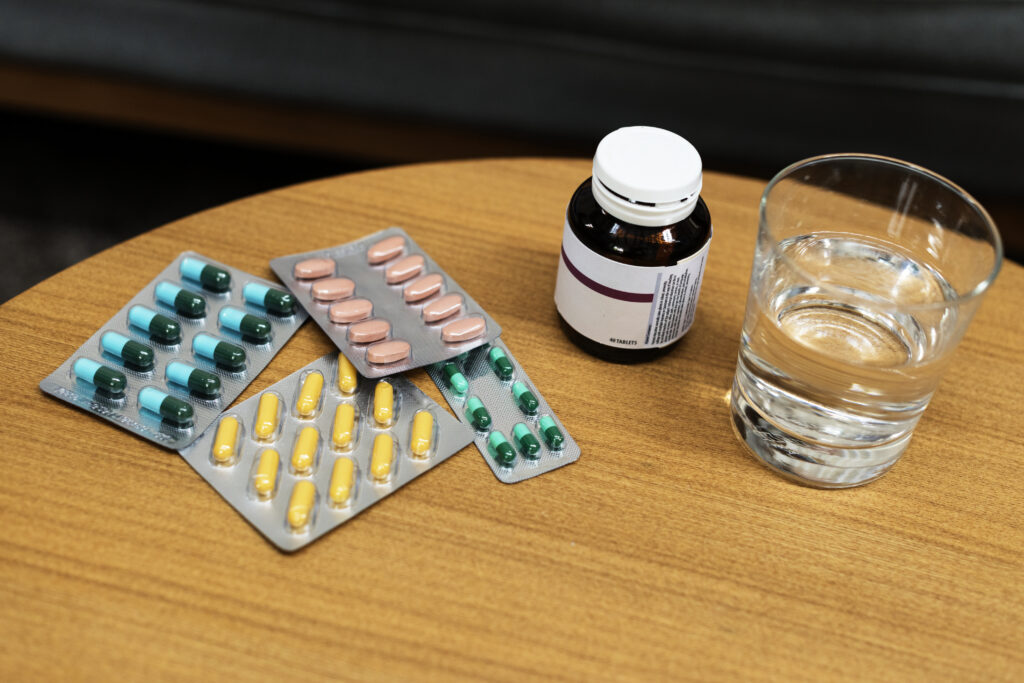Discover how different classes of weight management medications work in your body, from appetite suppressants to metabolic boosters.
Ever wondered how those tiny pills help shed pounds? Your journey to understanding medication for weight loss starts here.
These medications don’t just magically melt fat – they work with your body’s natural systems in clever ways.
In the next few minutes, you’ll learn exactly what happens when these medications enter your system and why they might be worth discussing with your doctor.
The Main Players in the Weight Loss Medication Game
Different medications target different body systems. Here’s how each type works:
1. GLP-1 Receptor Agonists: The Feeling-Full Champions
These newer medications mimic a hormone your gut naturally produces after eating. When you take them:
- Your brain receives signals that you’re full, even with smaller meals
- Your stomach empties more slowly, keeping you satisfied longer
- Your liver produces less glucose, stabilizing blood sugar
Did you know? GLP-1 medications originally treated diabetes before doctors noticed the impressive weight loss effects.
The feeling is similar to what happens after a satisfying meal—you simply don’t think about food as much, and when you do eat, you feel full faster.
2. Lipase Inhibitors: The Fat Blockers
These medications work in your digestive system rather than your brain:
- They block enzymes (lipases) that break down dietary fat
- Up to 30% of the fat you eat passes through your body undigested
- You absorb fewer calories even without changing what you eat
Worth noting: Because these medications affect fat digestion, they can cause oily spotting and gas as side effects. Taking them means committing to a lower-fat diet for comfort.
3. Appetite Suppressants: The Hunger Managers
These medications adjust your brain chemistry to reduce hunger signals:
- They increase levels of chemicals like serotonin and norepinephrine
- Your brain perceives less hunger and more satisfaction
- You naturally eat smaller portions without feeling deprived
How Your Body Responds: The Timeline
Different medications produce results on different timelines:
| Medication Class | Initial Effects | Maximum Benefits | Use Duration |
| GLP-1 Agonists | 2-4 weeks | 6-12 months | Long-term (years) |
| Lipase Inhibitors | Immediate | 6 months | Long-term |
| Appetite Suppressants | 1-2 weeks | 3-6 months | Short-term (weeks to months) |
What Makes These Medications Work Better For You
Your lifestyle choices dramatically affect how well weight loss medications work. Think of these medications as amplifiers of your healthy habits, not replacements for them.
When you combine medication with:
- Regular physical activity
- Adequate sleep (7-9 hours)
- Stress management
- Proper hydration
…you create the ideal internal environment for the medication to work efficiently.

